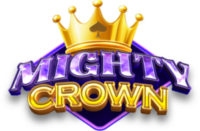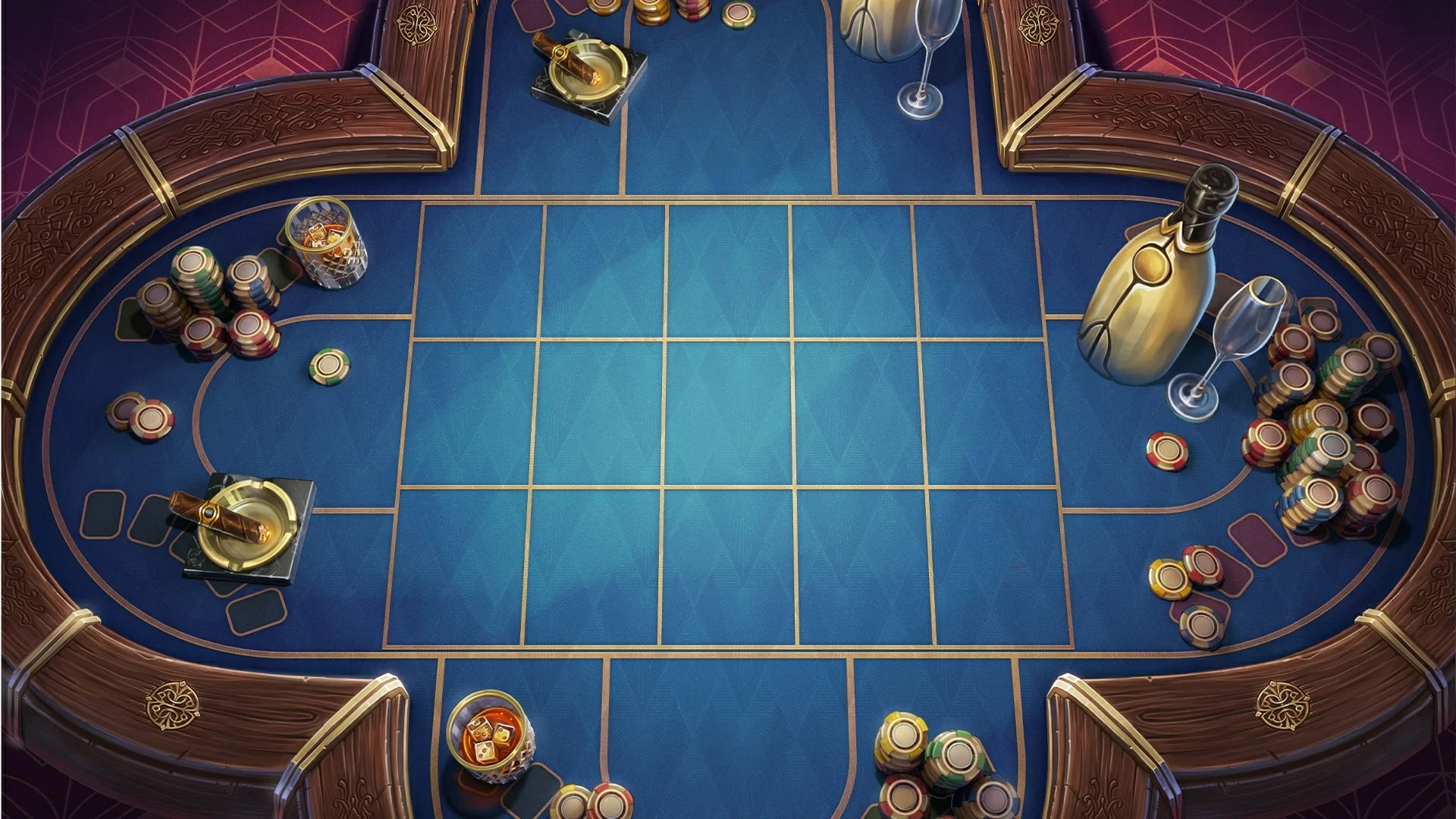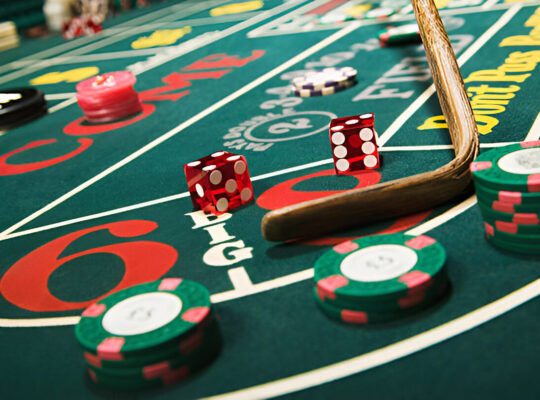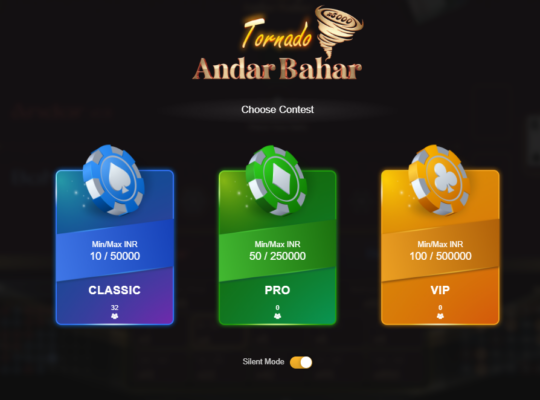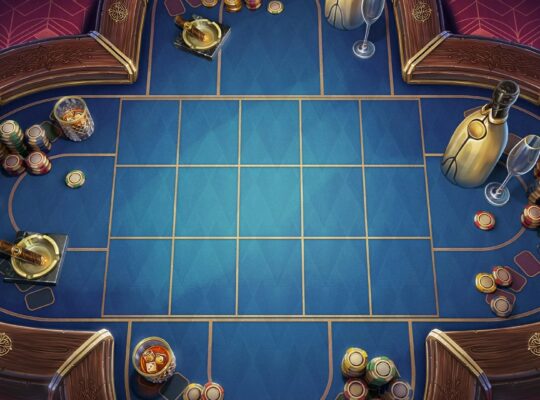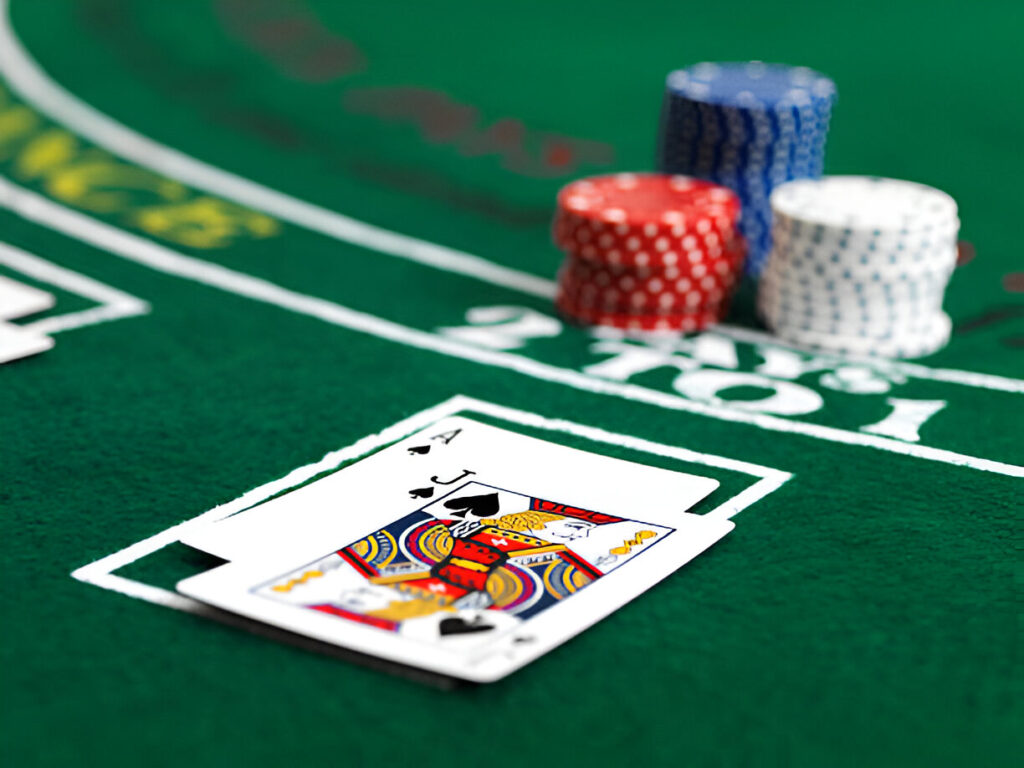
Rummy is more than just a card game—it’s a strategic challenge that blends skill, luck, and mental agility. If you’ve ever wondered how to master rummy rules 13 card, you’ve come to the right place! In this guide, we’ll walk you through everything from the basics to advanced strategies, ensuring you understand the core rummy game rules and the nuances of this popular Indian card game.
With its roots deeply embedded in Indian culture, particularly during celebrations like Diwali, rummy has grown into a global pastime. Whether you’re a beginner or a seasoned player, this Indian rummy guide will help you sharpen your skills and play confidently. By the end of this post, you’ll not only be familiar with the game’s rules but also ready to take your game online.
Ready to dive in? Let’s start with understanding the essence of 13 card rummy.
What is 13 Card Rummy?
Rummy, often referred to as Paplu in India, is a popular card game played across the world, but it holds particular cultural significance in India. Whether it’s during Diwali festivities, family gatherings, or casual get-togethers, rummy is a game that brings people together, challenging their strategic thinking and offering hours of fun.
In the 13 card rummy format, players aim to form valid sequences and sets with their cards. The game’s rise in popularity can be attributed to the convenience of playing online, especially on mobile apps, which allow users to compete from the comfort of their homes, or even on the go.
This format involves a mix of skill and chance, with the goal being to meld your 13 cards in a way that complies with the rummy game rules. Now, let’s explore the basic structure and setup for playing 13 card rummy.
Basic Rummy Game Rules
Before diving into the complexities of 13 card rummy, it’s crucial to understand the foundational rules of the game. Here’s a breakdown of the basic structure:
- Setup:
- Players: Typically, 2 to 6 players participate in a 13 card rummy game.
- Decks: A standard 52-card deck is used for 2 players, while a second deck is added when more than 2 players are involved. The deck includes jokers, which play a vital role in forming sequences.
- Players: Typically, 2 to 6 players participate in a 13 card rummy game.
- Card Ranking:
- Cards are ranked from Ace (low) to King (high). The suits don’t have any inherent value in terms of ranking, but they do help in forming sets and sequences.
- Cards are ranked from Ace (low) to King (high). The suits don’t have any inherent value in terms of ranking, but they do help in forming sets and sequences.
- Dealing Process:
- Each player is dealt 13 cards. The dealer distributes the cards in a clockwise manner.
- Each player is dealt 13 cards. The dealer distributes the cards in a clockwise manner.
- Winning Objective:
- The goal is to form a valid declaration by melding your 13 cards into sequences and sets according to the rummy game rules. A sequence is a group of three or more consecutive cards of the same suit, and a set is a group of three or four cards of the same rank. You can read more about the differences between rummy vs poker in our detailed guide.
- The goal is to form a valid declaration by melding your 13 cards into sequences and sets according to the rummy game rules. A sequence is a group of three or more consecutive cards of the same suit, and a set is a group of three or four cards of the same rank. You can read more about the differences between rummy vs poker in our detailed guide.
Now, let’s dive deeper into the specific rules that govern rummy rules 13 card.
Understanding Rummy Rules 13 Card
In 13 card rummy, understanding what qualifies as a valid hand is essential. Here’s a closer look at the critical components:
- Valid Sequences and Sets:
- Pure Sequence: A sequence of three or more consecutive cards of the same suit (e.g., 5, 6, 7 of Hearts).
- Impure Sequence: A sequence that includes a joker (wild card), such as 7, 8, Joker of Spades.
- Pure Sequence: A sequence of three or more consecutive cards of the same suit (e.g., 5, 6, 7 of Hearts).
- Rules for a Valid Declaration:
- To declare a hand, you must have at least one pure sequence and the remaining cards can be part of sets or impure sequences. A declaration is valid only when all 13 cards follow the rules outlined above.
- To declare a hand, you must have at least one pure sequence and the remaining cards can be part of sets or impure sequences. A declaration is valid only when all 13 cards follow the rules outlined above.
- Scoring System:
- Winning: The winner is the player who declares a valid hand, having melded all cards into sequences and sets.
- Losing: If a player cannot declare, they lose, and points are assigned based on the unmelded cards left in their hand.
- Point Calculation: Points are usually calculated based on the face value of the cards (Ace = 1, numbered cards as face value, and picture cards as 10).
- Winning: The winner is the player who declares a valid hand, having melded all cards into sequences and sets.
- Drop Rules and Penalties:
- Players can choose to drop out of a round before making any move. The penalty for dropping is a fixed number of points (e.g., 20 points), and it decreases based on how early the player drops.
- Players can choose to drop out of a round before making any move. The penalty for dropping is a fixed number of points (e.g., 20 points), and it decreases based on how early the player drops.
Essential Terminology in 13 Card Rummy
To fully grasp rummy rules 13 card, it’s important to familiarize yourself with the common terms used in the game:
- Jokers:
- Jokers are wild cards and can be used to complete sequences or sets. There are two types of jokers: the printed joker and the wild joker (which is randomly assigned during the game).
- Jokers are wild cards and can be used to complete sequences or sets. There are two types of jokers: the printed joker and the wild joker (which is randomly assigned during the game).
- Meld:
- A meld refers to a set or sequence that a player forms with their cards. For instance, a meld could be a pure sequence like 9, 10, 11 of Spades, or a set like 4, 4, 4 of Hearts.
- A meld refers to a set or sequence that a player forms with their cards. For instance, a meld could be a pure sequence like 9, 10, 11 of Spades, or a set like 4, 4, 4 of Hearts.
- Deadwood:
- Deadwood refers to unmelded cards that do not contribute to forming sequences or sets. The goal is to minimize deadwood to reduce penalties.
- Deadwood refers to unmelded cards that do not contribute to forming sequences or sets. The goal is to minimize deadwood to reduce penalties.
- Open/Closed Deck:
- The deck from which players draw cards is called the closed deck. The discard pile is called the open deck, where players can pick cards that others have discarded.
- The deck from which players draw cards is called the closed deck. The discard pile is called the open deck, where players can pick cards that others have discarded.
- Sorting:
- Sorting refers to organizing your cards into sequences and sets, which helps in the strategic play and final declaration.
- Sorting refers to organizing your cards into sequences and sets, which helps in the strategic play and final declaration.
- Finish Slot:
- This refers to the final card or sequence you need to complete your valid declaration.
- This refers to the final card or sequence you need to complete your valid declaration.
Popular Variants of 13 Card Rummy
Rummy has several exciting variants that make the game even more engaging. Here are some of the most popular ones:
- Points Rummy:
- Players earn or lose points based on the outcome of each round. The game continues for a set number of rounds.
- Players earn or lose points based on the outcome of each round. The game continues for a set number of rounds.
- Deals Rummy:
- Players are given a fixed number of chips, and each round results in a win or loss of chips. The game ends when a player runs out of chips.
- Players are given a fixed number of chips, and each round results in a win or loss of chips. The game ends when a player runs out of chips.
- Pool Rummy:
- A game that involves multiple rounds where the goal is to keep your score under a certain limit. The player with the lowest score wins.
- A game that involves multiple rounds where the goal is to keep your score under a certain limit. The player with the lowest score wins.
Winning Strategies in Indian Rummy
While rummy rules 13 card are important, implementing the right strategies can help you win more often. Here are some tips to improve your gameplay:
- Form a Pure Sequence Early:
- A pure sequence is the foundation of your hand. Always aim to create one as early as possible.
- A pure sequence is the foundation of your hand. Always aim to create one as early as possible.
- Discard High Cards Early:
- High-value cards (like face cards and aces) can cause you to lose points if left unmelded. Discard them early to minimize risk.
- High-value cards (like face cards and aces) can cause you to lose points if left unmelded. Discard them early to minimize risk.
- Use Jokers Wisely:
- Save jokers for difficult hands, particularly for impure sequences, or when you can complete a sequence with their help.
- Save jokers for difficult hands, particularly for impure sequences, or when you can complete a sequence with their help.
- Observe Your Opponents:
- Keep an eye on your opponents’ discards and try to gauge their hand. This helps in making strategic decisions about which cards to hold onto and discard. If you’re interested in enhancing your strategies further, check out our tips on how to win at rummy card game.
- Keep an eye on your opponents’ discards and try to gauge their hand. This helps in making strategic decisions about which cards to hold onto and discard. If you’re interested in enhancing your strategies further, check out our tips on how to win at rummy card game.
Online Rummy Platforms: Play Anytime, Anywhere
The beauty of 13 card rummy lies in its accessibility. With the rise of online platforms, players can now enjoy the game at their convenience. Here’s how playing online compares to offline rummy:
- Offline Rummy: Requires physical cards, typically played in a social setting or at a rummy table.
- Online Rummy: Offers the convenience of playing anytime, anywhere. Trusted platforms provide a seamless experience with multiple game formats and various skill levels.
Want to try your hand at real-time rummy action? You can play online anytime at Mighty Crown—where strategy meets entertainment!
Final Thoughts
Playing 13 card rummy is not just about luck; it’s about practicing strategies and learning the rummy game rules thoroughly. Whether you’re a beginner or a seasoned player, mastering the game requires time, patience, and a keen eye for patterns.
Start with free games to hone your skills, and remember: strategy and careful planning will always give you the upper hand in Indian rummy.
Frequently Asked Question
In 13 card rummy, players must form at least one pure sequence and the rest of the cards must form sets or impure sequences. A valid declaration requires all cards to be melded, with jokers helping form sequences and sets.
Sequences are formed by grouping three or more consecutive cards of the same suit. Sets are made by grouping three or four cards of the same rank but different suits. A pure sequence contains no jokers, while an impure sequence includes a joker.
If you can’t form a valid declaration, you will lose the round and score points based on the unmelded cards in your hand.
Yes, jokers are wild cards and can be used to complete impure sequences or sets. There are two types of jokers: the printed joker and the wild joker.
While rummy involves a degree of luck, it is primarily a game of skill. Success depends on strategy, decision-making, and observing your opponents.
To win, you must declare a valid hand by forming sequences and sets, following the rummy rules 13 card.
Points are awarded based on the unmelded cards left in a player’s hand when another player declares a valid hand. Aces are worth 1 point, numbered cards are worth their face value, and face cards are worth 10 points.
Yes, several online platforms allow you to play 13 card rummy for free, allowing you to practice and refine your skills before playing for real money.
